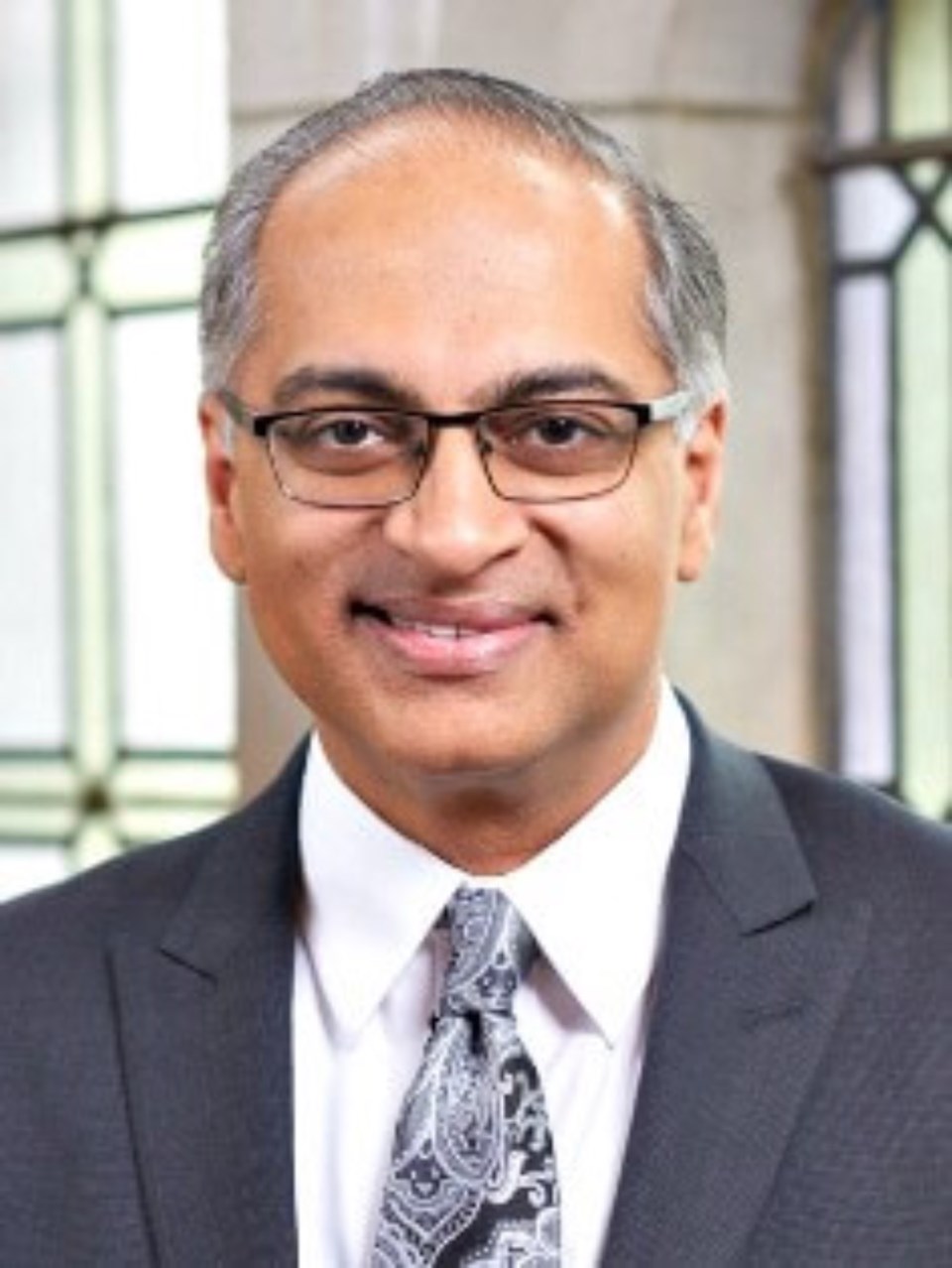Some years ago, my Episcopal priest, Rev. Becca Stevens, told me that the number one question she gets from young couples looking to join the church is, “If I join, am I obliged to believe that other religious believers are wrong and damned? If so, it’s a no for me.” Young people insist my faith should not require me to demean other faiths. Her answer and mine is a resolute no.
We are living in a new age in religious history; exclusivism is no longer necessary. Exclusivists hold that access to divinity is available only through their tradition. While exclusivists are often the loudest voices in the public square, they can no longer claim to represent any tradition in its entirety.
Many other traditions have long been either inclusivist or pluralist in posture. Inclusivists hold that their tradition offers the best path up the sacred mountain whereas others offer partial access; what we know in full, others know in part. Pluralists, by contrast, hold that all religious traditions offer equal access to the ultimate. They affirm that traditions are different, but each offers profound truth. Pluralists hold that their tradition contains priceless resources for human flourishing without insisting that others are misguided or deficient.
How do we know something has changed? I point to two phenomena: interreligious friendships and multiple religious participation.
Interreligious friendship is the order of the day at every level of religious life, from local to global. These friendships offer a powerfully redemptive alternative to religious hostility, whether at the office, the gym or in interreligious marriages.
In my own life, I have been richly blessed by Buddhist and Hindu friends. My decades-long friendships with Hindus and Buddhists have been deeply enriching and transformative. My wise and loving Hindu friend, Anantanand Rambachan, even preached a Hindu wedding sermon at my Episcopal wedding to my lovely and wise Victoria bride, Kate Newman, a religious educator who includes interreligious elements in her teaching at Christ Church Cathedral School. My New York Episcopal Bishop had to grant permission to make this interreligious wedding homily possible, which I gather he gladly did.
Think also of the famous friendships that mark our time, the friendship between Desmond Tutu and the Dalai Lama or between Thich Naht Hanh and Rev. Dr. Martin Luther King, Jr. The joy, the affection, and the lack of competition between these holy friends offer us priceless models for what is possible between traditions.
Perhaps the most significant indication that something has changed is that some of the most serious devotees are taking up practices borrowed from responsibly from other traditions. This is true of many lay faithful who do Eucharist upstairs and yoga downstairs, but it also true of “the pros,” monastics who practice with and learn from monastics in other religious traditions. This religious form of “cross-training” is sometimes called the dialogue of silence or the dialogue of contemplation. In some cases, such practice has generated figures recognized as religious leaders in both traditions. My friend, Sensei Ruben Habito, is a devout Catholic theologian and a recognized Zen master. He is hardly alone. Think also of Indigenous leaders like Anglican Priest, Fr. Martin Brokenleg here in sa���ʴ�ý, who remain faithful to their ancestral spiritual traditions and also serve as clergy in Christian denominations.
These changes do not mean that all is well with Christian churches. The ongoing grim discovery of precious Indigenous children’s bodies on residential school grounds proves that healing, reparation, and reconciliation remain quite unfinished. But a crucial step is unfolding before our eyes: the gradual rejection of the exclusivism which offered theological grounding for the barbarities of the past. The sooner exclusivism dies, the better.
John J. Thatamanil is Professor of Theology and World Religions at Union Theological Seminary in the City of New York. He is also a Priest and Diocesan Theologian of the Diocese of Islands & Inlets (Anglican Diocese of British Columbia). He is, most recently, the author of Circling the Elephant: A Comparative Theology of Religious Diversity. He splits his time between living with his wife and son here in Victoria and living with his daughter in Manhattan. His research centers on how Christians can learn from the practices and insights of other religious traditions.
You can read more articles on our interfaith blog, Spiritually Speaking at /blogs/spiritually-speaking
* This article was published in the print edition of the sa���ʴ�ý on Saturday, December 10th 2022



